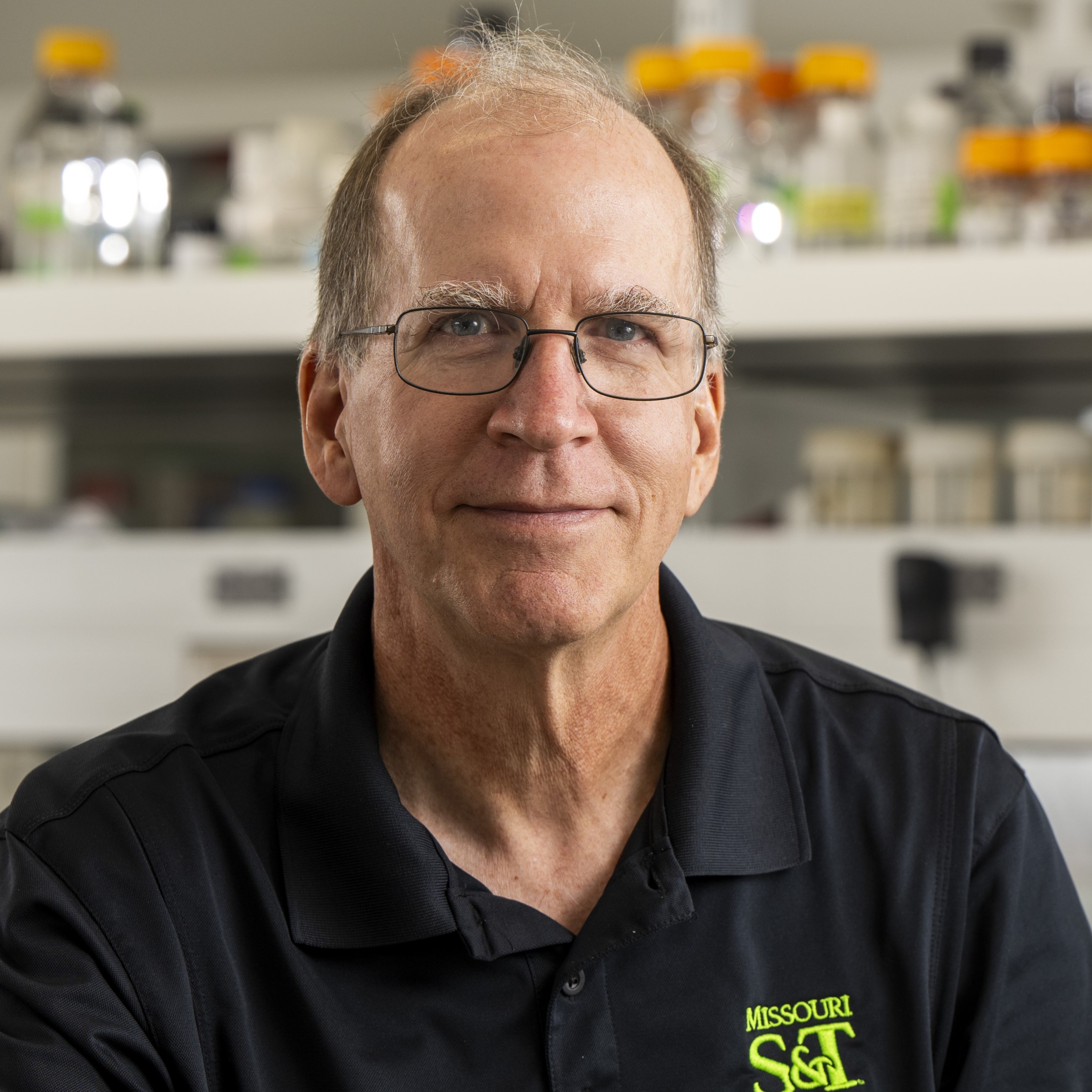About This Project
Plant models offer an overlooked yet powerful framework for teaching biotechnology and STEM skills. This multi-week experiment integrates hydroponics, tissue culture, hormone manipulation, and rhizobium nodulation to explore nitrogen fixation and nodulation efficiency. Students use qPCR and Nanopore 16S barcoding to analyze gene expression and microbial diversity. This problem-based learning experiment equips students with a challenge, fosters critical thinking and collaboration.
Ask the Scientists
Join The DiscussionWhat is the context of this research?
Plant Awareness Disparity (PAD) is a term coined to describe the tendency for humans to overlook plants in favor of animals. This can be extended to biotechnology as many biotechnology programs in education tend to focus on model animal or microbial systems. Our most advanced biology classes like AP biology fail to teach plants beyond Mendelian genetics, plant vs animal cell types, transpiration and photosynthesis. However, plant biotechnology is important to food scarcity, increased crop production and nutriton in the face of climate change. Plant model tissue propagation is an easier entry point for high school students and still provide robust potential for molecular and genomic analysis. This project synergizes the learning of biotech skills and experimentation.
What is the significance of this project?
Plants are underepresented in high school biology and biotechnology classes, yet agricultural biotechnology is a multi-billion dollar industry. Plant models provide an opportunity for students to perform rich biotechnology experiments that combine macro-scale plant tissue propogation and molecular analysis. The data collected from these experiments will be important in the development of these students as potential researchers and developing career-based skills. This investment will pay dividends as students enter research institutions or biotech related careers. Unlike most projects, this one is focused on the education, experiemnce and development of children and not specific scientific results.
What are the goals of the project?
The main experimental goal for students is to investigate whether varied plant growth hormones applied during tissue culture, affect the ability of plants to form nodulation symbiosis as assessed through the expression of nitrogen fixation and nodulation genes. Clonal soybean leaf tissues will be exposed to dilutions of plant growth hormones, then inoculated with rhizobia bacteria as adults. Students will use relative qPCR assays to evaluate root tissue and bacteria for nitrogen fixing and nodulation gene expression. Nanopore 16S barcoding of nodule bacteria will be used to detect bacterial assemblages changes from prior plant hormone exposure.
Pedagogical goals include assessing student learning of biotechnology skills embedded into the project-based experiment, maintaining a detailed lab notebook as learning evidence, and collaborative decision making throughout the experiment.
Budget
The seeds, tissue culture media and hormones will be used for plant tissue propogation. The Rhizobium culture will be used for nodulation of the roots, establishing a symbiotic relationship between plant and bacteria. The Qiagen kits and primers will be used to evaluate gene expression nodulation genes (NIN and ENOD) and Rhizobium fixation genes (nifH and nodC) based on the hormone treatment variables. The Qiagen DNeasy kit will be used to extract high quality DNA from Rhizobia bacteria and root tissues. The 16S Nanopore barcoding kit will be used to identify bacteria from nodules and root tissue. The Rapid Rarcoding kit will allow for specific gene sequencing and potentially comnpliment the qPCR analysis. This budget is for two classes of ~48 students working in 8 lab groups.
Endorsed by
 Project Timeline
Project Timeline
The timeline is driven by our school schedule. This project will take place in either the advanced Biotechnology Applications class or the senior year Biotechnology Research class. Each class is 55 minutes, M-Th each week. I anticipate this project to span the fall semester 2025.
Dec 16, 2024
Project Launched
Aug 21, 2025
Media Prep and Experimental Design
Sep 26, 2025
Plant Tissue Culturing and Hormone Treatments
Oct 24, 2025
Rhizobium Innoculation Hydroponics
Nov 20, 2025
Molecular Analysis and Sequencing
Meet the Team
Affiliates
Robert Kuhn
I am originally from Western Pennsylvania and Northern Virginia. I attended the University of Georgia for my BS and MS. I worked for 2 years at the Georgia Environmental Protection Division Solid Waste and 1 year in private consulting as an environmental scientist. I transitioned to teaching at Coile Middle School in Winterville, GA in 1997 and Centennial High School in Roswell, GA in 1999 where I primarily taught AP and honors biology. I changed school settings in 2021 to Innovation Academy STEM School where I now teach biotechnology and sponsor DNA Club.
The team will consist of 4-5 high school students (grades 10-12). The team is part of a larger independent research club called DNA Club which currently has 40 students. The students perform this research on their own time. There are no grades involved, so it is an intrinsic endeavor for them. The goal of DNA Club is for students to perform high level independent biology research in high school.
Project Backers
- 8Backers
- 111%Funded
- $4,480Total Donations
- $560.00Average Donation


